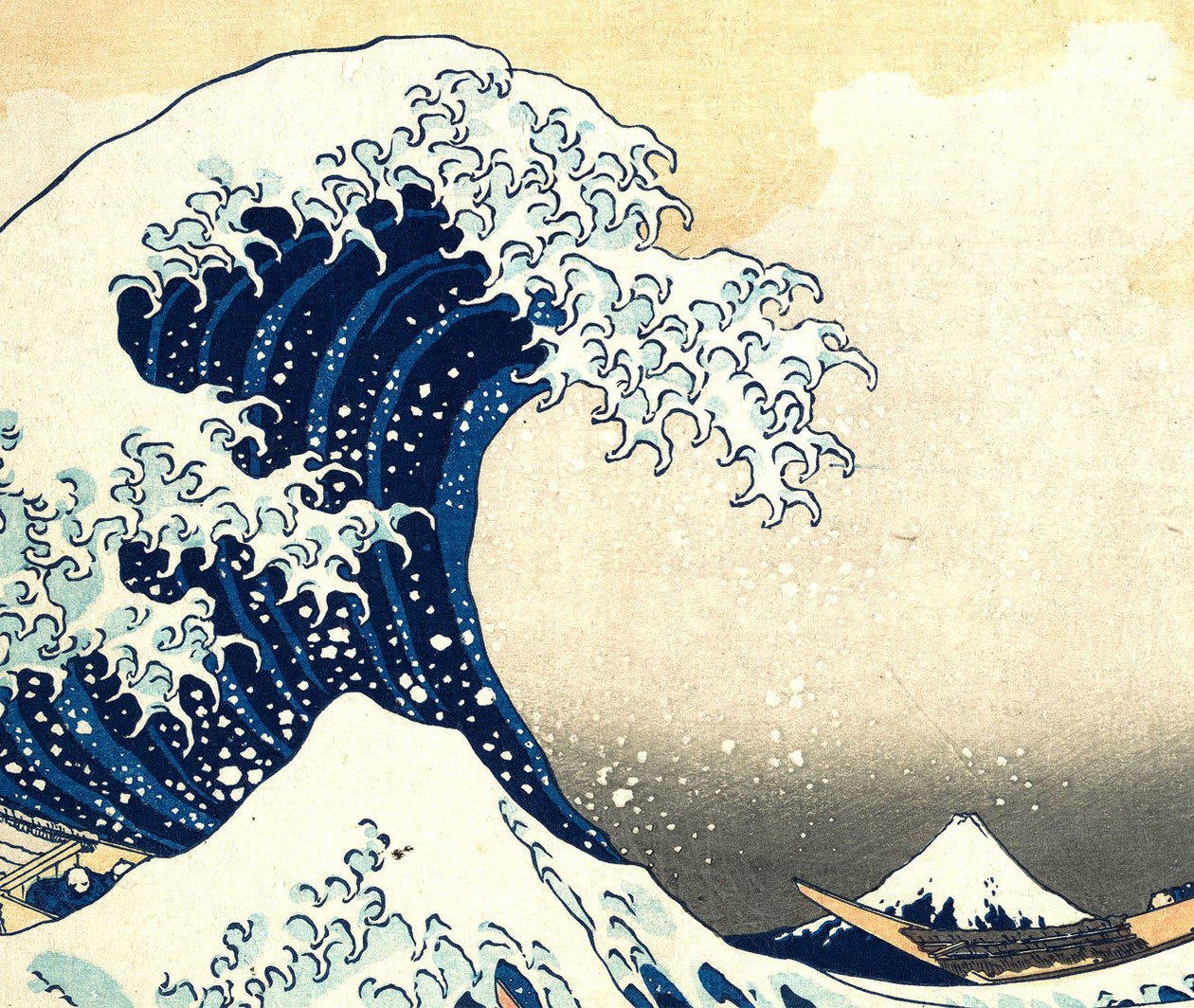This course is part of the Global Studies: International Relations and World Politics ExpertTrack
Global Studies: Risks and Threats in International Relations
Explore global issues and find out how cultural divides and security threats impact foreign affairs and global policies.

Duration
4 weeksWeekly study
6 hoursIncluded in an ExpertTrack
Course 2 of 3
Global Studies: Risks and Threats in International Relations
The CPD Certification Service was established in 1996 and is the leading independent CPD accreditation institution operating across industry sectors to complement the CPD policies of professional and academic bodies. Find out more.
Understand how risks and threats affect our world
This four-week course offers you the opportunity to investigate why some events have a longer-lasting impact on global affairs than others. You’ll look at which threats affect foreign affairs and global policy, and how those threats can be evaluated.
Dive into the world of global studies and explore how the global political landscape is shaped by cultural divides and anticipated threats.
This course will provide you with insights gleaned from demography, geography and anthropology, which in turn will enable you to make informed predictions about the future of international relations.
Ce cours peut être entièrement suivi en français. Des traductions françaises sont disponibles, les discussions se déroulant sur un forum francophone.
Passer en revue les enjeux mondiaux, évaluer l’impact des clivages culturels et des menaces sécuritaires sur la politique étrangère et internationale.
Assess major issues in geopolitics
Despite periods of relative stability, there are constant challenges within politics and international relations. You’ll review issues within communication, the instability of norms in politics and business, and social uprisings. Consider why people rebel, and the imbalances of power between people and states.
Consider today’s most pressing threats to stability
Worldwide change is only accelerating - environmental, cultural, and military pressures all need new means to meet expanding challenges.
You’ll learn how to assess these risks, looking closely at sustainability challenges such as water depletion and deforestation. You’ll then move on to review the impact of technology on warfare, and whether those changes will ever really spell the end of war.
Syllabus
Week 1
Twelve Challenges to the current order
Introduction
Foreword, methodology and introduction to Week 1
Concepts and problems
Democracy is neither spreading nor improving, just stagnating. Shameless brute force is rearing its ugly head, even against civilians. Nationalism is making a comeback. The world remains unstable, unequal and dangerous.
National Challenges
Authority erodes in places where hierarchy characterizes relations between people (state, parties, unions, media, universities, schools, firms, sports clubs, armies). And protest is a side effect of this trend.
International challenges
Policy-makers need to know that the crises they face are no longer a temporary affair and people can no longer be indifferent to the fate of others, or believe they are safe.
Regional challenges
We are going back to the world as it was before globalization: each major region is subject to local crises that add to the global challenges. Some overcome them better than others. Oceania, absent here, has a bright future.
Week 2
Three major issues in Geopolitics
How hard is it to communicate with others?
Relations between people and peoples are made up of incomprehension, insinuations, accusations, misconceptions and misunderstandings. It is difficult to adjust to the small differences that lead to marked disparities.
Instability of norms and rules in politics and business
Constitutions that last, laws that resist change, structured markets: be they politicians or entrepreneurs, those who have to deal with foreign rules prefer imperfect stability to an unstable quest for a better world.
Social uprising and citizens’ anger
Citizens believe that their representatives, be they insufficiently or too authoritarian, lack efficiency, and are rather corrupt, disconnected from reality: so, all of a sudden they rebel, without necessarily changing everything.
Week 3
Three most pressing risks and threats today
A point of no return: environmental, climate, and energy traps
Mankind will soon reach a threshold beyond which it will become impossible to control nature, or nature will no longer suffice for its needs: one year’s worth of reserves run out earlier and earlier (currently July).
Spreading threats
Many human origin threats render state sovereignty illusory: viruses, real or virtual, play with borders; as do refugees, victims of mass crimes or those in search of a better life.
Security threats on the rise
The number of countries capable of projecting their robotic or special forces and whose leaders are determined to make use of them is growing each year. Controlling technology is difficult.
Week 4
Twelve high stakes and how to face them
The transformations of war
War is changing: there is a lot of equipment, few soldiers, very few deaths, but more foreigners aside us. We fight for information, for scarce resources, or for others’ well being even when they don’t ask for help.
New polarity, new powers
Many countries are vying for the top spot. When one of them takes power, others lose ground. This race requires good negotiators, thus states with a true diplomatic heritage.
New norms, new practices
By negotiating, diplomats acquire a global culture and adopt its language, its uses, its practices and its modes of conflict resolution. "Best practices" and the standards they obey are crucial.
Prove you're job ready
Highlight the new, job-relevant skills you’ve gained and supplement existing qualifications with a hard-earned, industry-specific digital certificate – plus one for every course within your ExpertTrack.
- Learn the latest in your chosen industry or subject.
- Complete each course and pass assessments.
- Receive certificates validated by the educating organisation.
- Impress employers with learning outcomes you can add to your CV.
- Make your career dreams a reality.
Download a PDF
Who is this accredited by?
Learning on this course
On every step of the course you can meet other learners, share your ideas and join in with active discussions in the comments.
What will you achieve?
By the end of the course, you‘ll be able to...
- Improve your knowledge in international studies (including history and theories of international relations and international economics)
- Evaluate the probability and emergency attached to each risk and threat, and make educated guesses about our future
- Reflect upon demographic, geographic, and anthropological data
Who is the course for?
This course is designed to be of particular interest to business and international-relations students, as well as professionals working for global businesses, and IGO and NGO experts dealing with intercultural issues.
No experience in Global Studies is required and anyone with an interest in the global political landscape and cultural divides will benefit.
If you’re taking this course as part of the International Relations programme for credit, you’ll be expected to spend 10 hours per week on it. If you’re not taking the course for credit, six hours per week is enough for basic understanding.
This course has been developed by Grenoble Ecole de Management (GEM); a leading business school which has achieved international recognition thanks to its expertise in technology, innovation and entrepreneurship.
Who will you learn with?
Pr. of political science, University of Grenoble Alpes & Institut Universitaire de France (Global & Comparative Politics); visiting scholar, Grenoble Ecole de Management
Start learning today - free 7-day trial
After your free trial you can:
- Pay $39 per month to keep learning online
- Have complete control over your subscription; you can cancel any time
- Work at your own pace and set your own deadlines at every stage
- Only pay while you’re learning; the subscription will cancel automatically when you finish
- Complete online assessments to test your knowledge and prove your skills
- Earn digital course certificates and a final award that you can share online, with potential employers, and your professional network
- Keep access to the content of courses you complete even after your subscription ends
Learning on FutureLearn
Your learning, your rules
- Courses are split into weeks, activities, and steps to help you keep track of your learning
- Learn through a mix of bite-sized videos, long- and short-form articles, audio, and practical activities
- Stay motivated by using the Progress page to keep track of your step completion and assessment scores
Join a global classroom
- Experience the power of social learning, and get inspired by an international network of learners
- Share ideas with your peers and course educators on every step of the course
- Join the conversation by reading, @ing, liking, bookmarking, and replying to comments from others
Map your progress
- As you work through the course, use notifications and the Progress page to guide your learning
- Whenever you’re ready, mark each step as complete, you’re in control
- Complete 90% of course steps and all of the assessments to earn your certificate
Want to know more about learning on FutureLearn? Using FutureLearn
Learner reviews
Learner reviews cannot be loaded due to your cookie settings. Please and refresh the page to view this content.
Do you know someone who'd love this course? Tell them about it...
You can use the hashtag #FLglobalrisks to talk about this course on social media.



